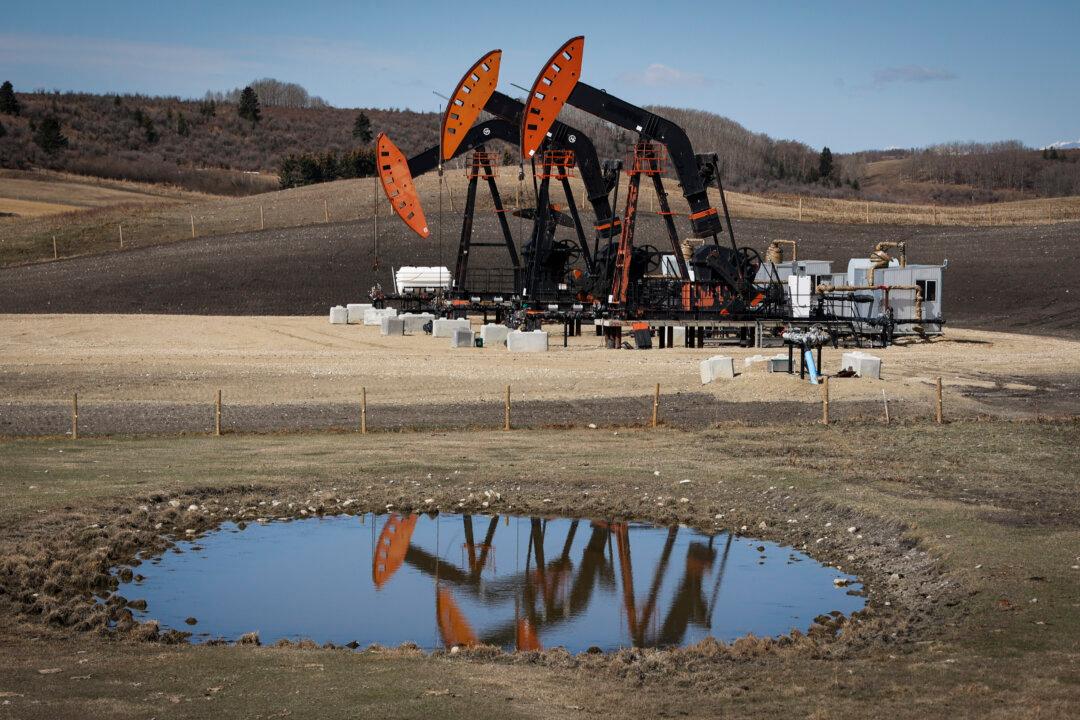As oil prices soared during the third quarter, the problem isn’t just what the Saudis and Russians are doing to curb supply, but also what North America isn’t doing to meet the stronger-than-expected demand—and thus spurring “endemic inflation,” according to a veteran energy analyst.
“I believe that the next round of inflation will be higher than what we saw in August simply because the difference in gasoline, diesel prices is about 6 to 7 percent higher than this time last year,” Dan McTeague, president of Canadians for Affordable Energy and former Liberal MP, told The Epoch Times on Oct. 3.





